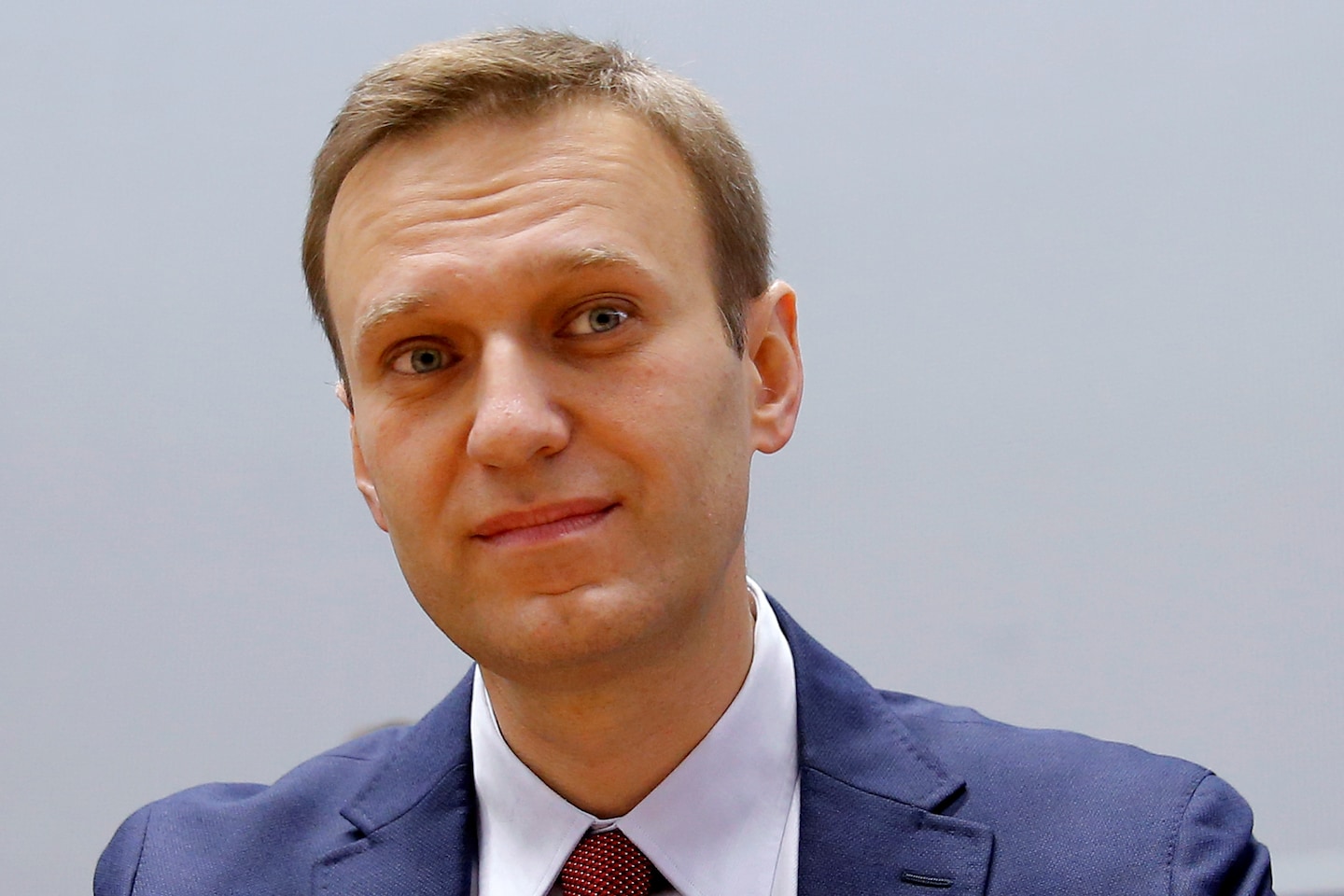A Russian dissident is fighting for his life. Where is the U.S.?

He champions the idea that Russians should not be arrested unjustly. That’s why he organizes protests and gets arrested himself.
Navalny threatens autocracy in Russia. That’s why, in a most cruel and sinister act, the authorities sentenced his brother to three years in jail.
And that may be why Navalny has now, it would seem, been attacked again — apparently poisoned. He is lying unconscious, connected to a ventilator in an intensive care unit in a Siberian hospital.
Analysts in Russia and the West spend too much time scrutinizing Navalny’s policy positions: Is he too nationalist? Is he not liberal enough? Is he too leftist? Those are questions for Russian voters to decide — but right now they can’t. To give them such a chance is what Navalny is fighting for.
Navalny’s heroic struggle is no different from what Gandhi, King, Mandela and Havel fought for. While Navalny has not succeeded yet, there should be no doubt that his cause is good and just.
Vladimir Putin is evil. Over the past 20 years, Russia’s current leader has constructed a ruthless dictatorship. He has shut down independent media and civil society organizations, and he has arrested critics and business leaders who dare to challenge his unconstrained powers. Abroad, Putin has annexed Ukrainian territory, sent troops to Syria to prop up one the most brutal dictators of our time, violated American sovereignty in 2016 to try to influence the outcome of our presidential election, and is interfering again in our election now. At home and abroad, Putin’s regime and its proxies have repeatedly killed, or tried to kill, its critics. Navalny may have just become his latest victim.
Putin has a talent for deniability. Yet even if the ex-KGB officer who now runs Russia didn’t directly order a hit on Navalny, he is still to blame. It is Putin who has empowered intelligence officers and created permissive conditions for vigilantes.
In an earlier period in American history, our government and people would have stood united on the side of good in this fight against evil. There was no partisan divide when it came to standing up for heroes and standing against villains.
Yes, U.S. presidents sometimes had to negotiate with dictators to advance American national interests. And yes, there have often been cases in which we failed to defend those who were doing the right thing. But even when we were not doing enough to embrace good and stand up to evil, previous U.S. presidents knew they were in the wrong.
President Trump, by contrast, has enthusiastically embraced Putin and excused his villainous ways. To the best of my knowledge, Trump has never praised, let alone met with, activists or opposition leaders in Russia, Ukraine or Belarus. On hearing of Navalny’s hospitalization, all Trump could muster Thursday was “We haven’t seen it yet, we’re looking at it, and Mike [Pompeo]’s going to be reporting to me soon.” Not a word of concern, let alone outrage. In the clear divide between good and evil in Russia, Trump is on the wrong side.
American indifference to evil has consequences. It emboldens the villains and weakens the heroes. But sometimes presidents must say and do things — for example, to impose sanctions on Alexander Lukashenko for stealing an election in Belarus, to criticize Putin for aiding the Taliban, to signal solidarity with Navalny and offer assistance as European leaders have — not because these actions might be effective, but because they are right. In a world divided by good and evil, it’s time for America to get back on the right side.
Read more:






